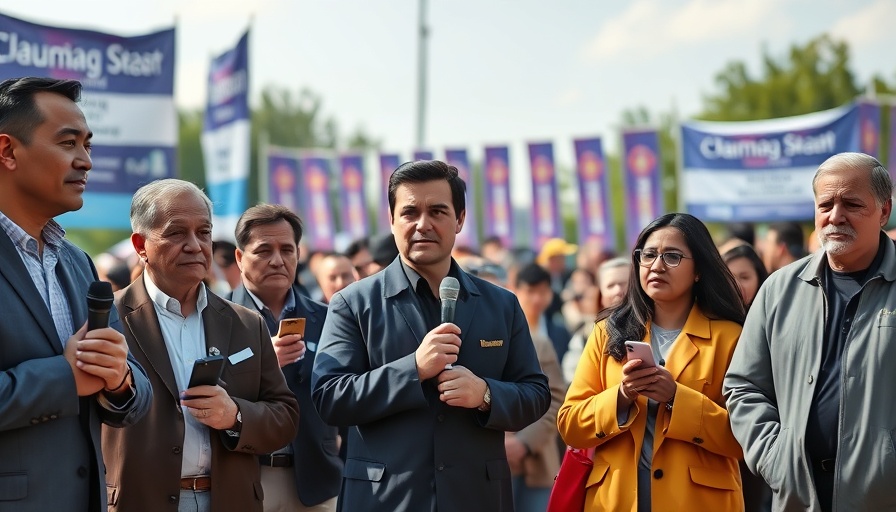
Communities United in Grief
As Israel commemorates the memory of six hostages brutally executed by Hamas, families and communities are coming together to honor and remember their loved ones. The October 7 kidnapping incident marked a horrific turning point for many, creating ripples of grief across the nation and beyond, especially among those who share values of compassion and justice. Almog Sarusi, Alexander Lobanov, Ori Danino, Carmel Gat, Hersh Goldberg-Polin, and Eden Yerushalmi have become symbols of resilience in the face of profound loss.
Honoring the Victims
Public ceremonies and memorials are not only a way to remember those who were lost but also serve as a powerful reminder of the impact of violence and the importance of standing in solidarity. Families have expressed how these acts of remembrance resonate deeply within their hearts, as they navigate the aftermath of unimaginable pain. The community events aim to provide comfort and support, emphasizing that none of them is alone in their grief.
A Shared Pain Across Borders
From Jerusalem to diverse congregations around the globe, the act of remembering the victims transcends cultural and national boundaries. Christians worldwide, especially those involved in humanitarian efforts and interfaith dialogue, can find common ground in mourning and advocating for peace. This shared pain highlights a universal truth: regardless of faith or background, the quest for understanding and reconciliation is vital.
Future Predictions: The Need for Sustained Dialogue
As tensions in the region continue to rise, the hope for future resolutions lies in constructive dialogue among various faith communities. It is essential for leaders and advocates, particularly in Christian communities, to work toward promoting understanding and empathy while addressing injustices. Such efforts can foster peace and healing, reminding us that remembering those who suffered is intertwined with striving for lasting change.
Emotional Reflections: What This Means for Believers
For mission-minded Christians globally, the events surrounding these hostages call for reflective engagement. This shared grief invites believers to consider their roles in advocating for those who suffer under oppression. Acts of kindness and support for affected families might include reaching out, providing financial assistance, or even just standing in prayerful solidarity with them.
Opportunities for Advocacy and Action
Understanding the systemic issues that lead to such violence allows engaged Christians to reflect on action steps. Initiatives could include educational campaigns that promote peace and awareness regarding the plight of hostages and those in conflict areas. Supporting organizations focused on interfaith dialogue can also be a crucial step, amplifying the message of unity and healing.
As the memories of these young lives linger on, it remains imperative for communities to come together, not just to mourn but to propel discussions that could lead to change. In doing so, they honor the memories of Almog Sarusi, Alexander Lobanov, Ori Danino, Carmel Gat, Hersh Goldberg-Polin, and Eden Yerushalmi in a way that could offer hope and promote justice.
Conclusion: Continue the Conversation
In light of this tragedy, it is essential for compassionate individuals and faith communities to remain engaged in discussions about justice, reconciliation, and the importance of humanitarian support. By fostering relationships across divides and advocating for peace-driven policies, believers can contribute to a future where communities can thrive without the specter of violence. Let's honor the memory of those lost by committing ourselves to the principles of love, justice, and understanding.
 Add Row
Add Row  Add
Add 








Write A Comment